

What is your mission within your association?
I am the director of the association. ZupDeco is an association under the 1901 law which aims to reduce school dropout. We offer academic support to REP and REP+ middle school students within their colleges and we have just developed a remote mentoring action for all students from modest families ranging from Fourth to 12th grade. Each year, we mobilize more than 600 in-person volunteers, and 2,000 remote volunteers to help our students succeed in school. To support all these pairs, we mobilize more than 125 volunteers in civic service, who are trained and accompanied by a dozen coordinators, employees of the association. I support employees in achieving their goals, I develop distance tutoring and mentoring actions, which allows us to support as many students as possible both in person and remotely.
What was your training project?
We were in the development of distance mentoring and we needed training that could properly support our volunteers. A training that can reassure them but also challenge them while allowing them to understand the challenge of distance mentoring. Understanding the specificity of our beneficiaries, the world of education but also the benefits of mentoring are themes that we want to transcribe in a fun, pleasant but above all accessible way to each volunteer who could join us in this fight against academic failure.
We wanted a course that was not too long, but not too short either, to understand all these aspects. but above all a training that allows you to confidently approach support of a remote student.
Our mentoring action is extensive. It is a weekly support for one year that can be renewed. So that the volunteer feels comfortable and has all the tools to successfully support his student, we needed more than a series of quizzes or summary sheets. He had to be able to understand the posture that is expected in this type of device. All the experience of the association, these 17 years of existence, and the pedagogical science of the Didask team have allowed us to offer each volunteer mentor a real educational and fun experience.
What was your technology/learning environment before Didask?
We used 360Learning, which we saved for another course. But for this particular device, it seemed complicated and incoherent to rely on it. This remote support system is an action that allows each volunteer to understand that we do not need to have the perfect knowledge to be able to support a student who needs it. However, in order to be able to get there, You have to break some stereotypes and guide the volunteer to the right method without necessarily evaluating it. We needed a much more pedagogic approach.
Technically, did you have any particular constraints?
Above all, we had a huge time constraint! We only had 3 or 4 months to set up THE training that would take into account all the feedback from our large community of volunteers and that would be very qualitative. Fortunately, we were able to count on a great guide at Didask who managed to make us respect this short deadline by giving us specific objectives each week and by taking stock with us every Wednesday in order to keep a good pace and succeed in completing this training without neglecting its content or the container.
Why did you choose Didask for your project?
Didask was our ideal solution for three reasons. First of all its pedagogical capacity. Indeed, the majority of e-learning platforms are very professional but less focused on helping to understand change in learner status. They do not help the learner to understand why his posture or his initial state does not allow him to be at his maximum capacity for action.
Then I think of Situations that can be created. Each granule makes it possible to give feedback on the change of state and therefore makes it possible to understand why it is necessary to change the state and above all it allows to have a Feedback on good and bad postures. Situations also allow the learner to better project themselves and to know exactly what to expect once they start mentoring.
Finally, I would say its format. Very simple, clear and easy to use, it allows each member of the team to transcribe “difficult” situations in a fun and engaging format.
How did your teams get started with Didask?
The handling was at first surprising because we discovered a method and organization different from what we were used to seeing. Then, thanks to our guide/coach, we quickly understood how it worked and above all: how to keep the essential, the most important and the most impacting. We have learned from Didask support, we have learned to focus our efforts and in particular our learning solution on the essential messages to be transmitted by being caring, clear and precise.
What are you benefiting from Didask today?
Didask is an easy, fun solution adapted to all our learners. They are very seduced by the format, design and accessibility of the training.
The system of changing the state and the objective for each granule allows us not to get lost in the message we want to transmit to each learner, it is a very methodical solution.
Do you have a particular anecdote/thing that surprised you?
Honestly, we did this training with Didask and we trained at the same time! The Didask team from the initial contact to the end of the training course is just great. The speed of evolution of the Didask solution to adapt to our sector and our needs is impressive! A big thank you to the whole team!
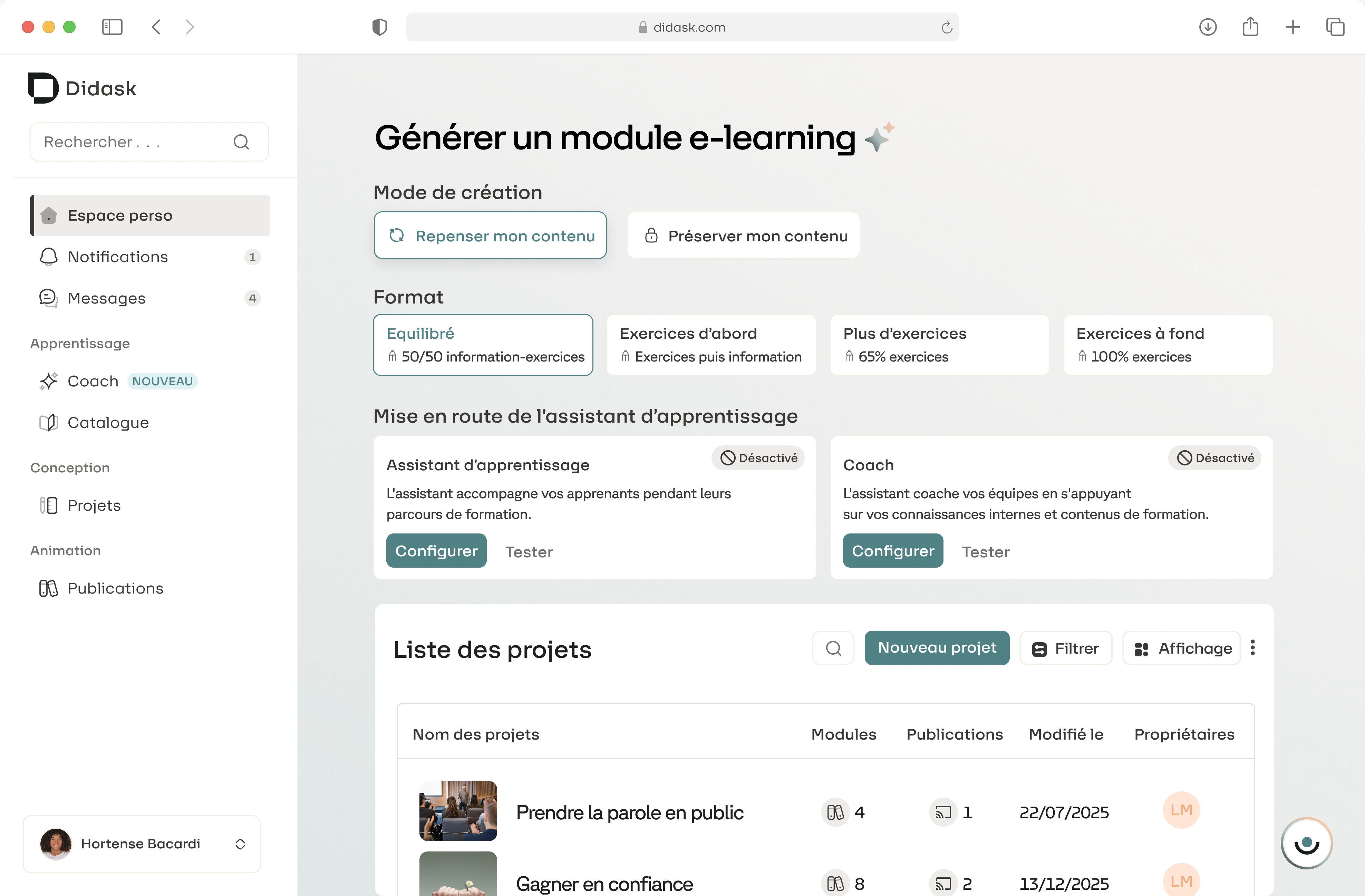
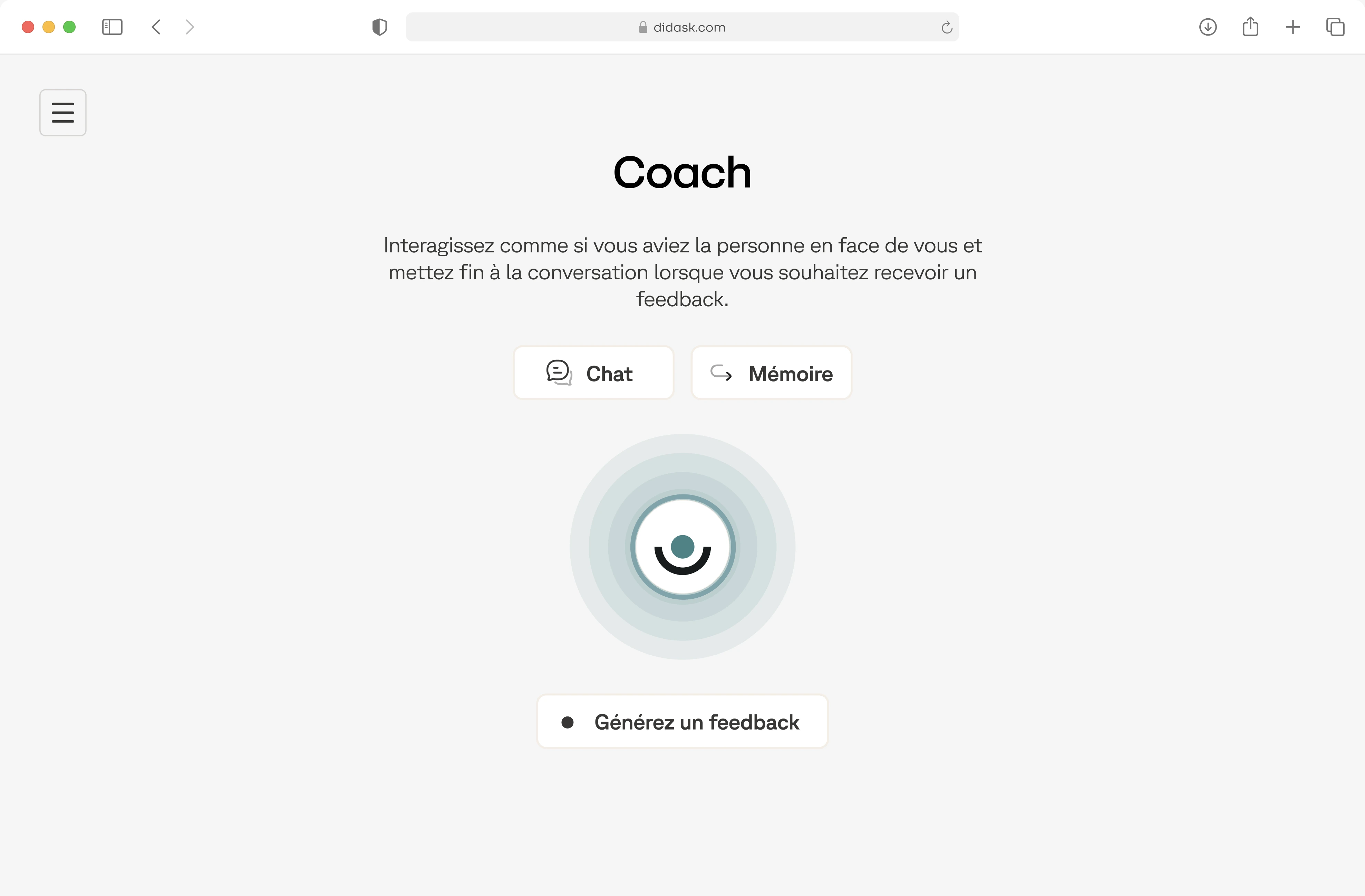
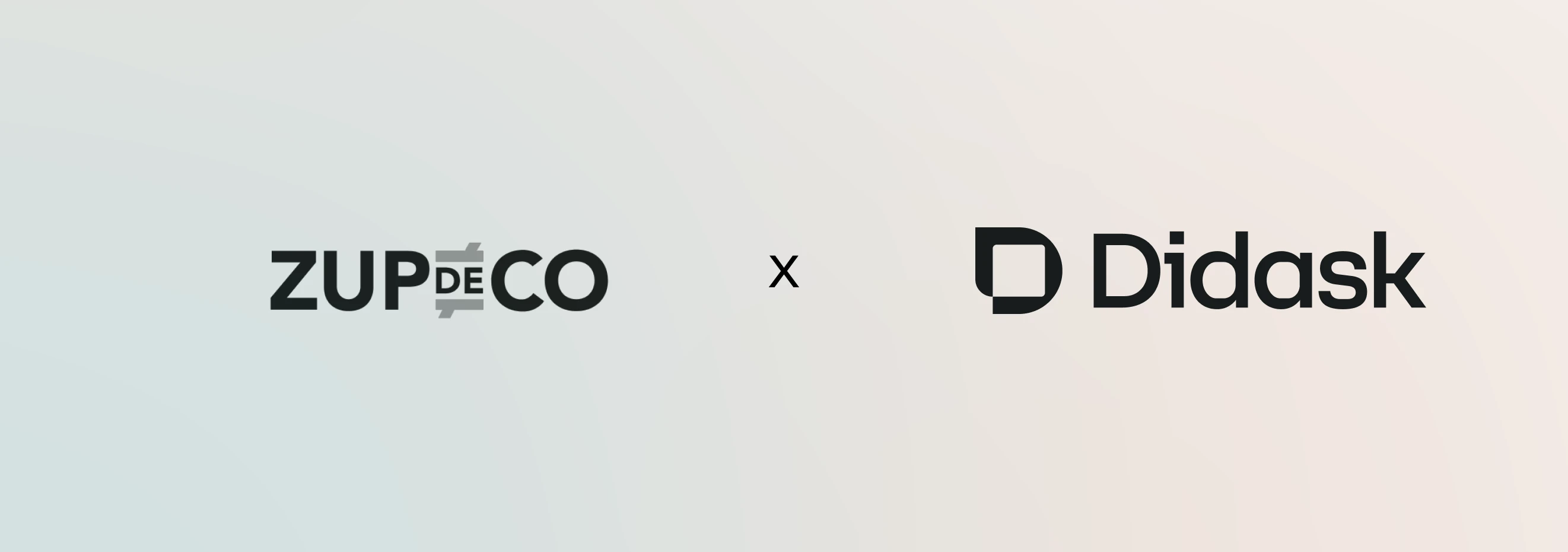
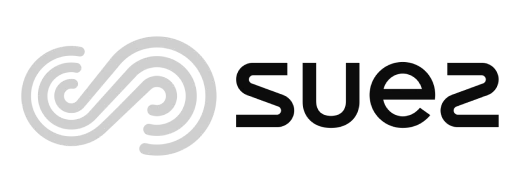


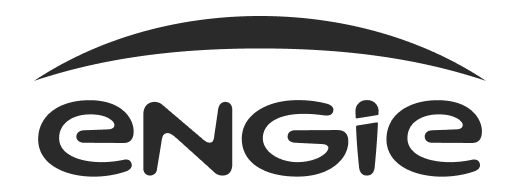




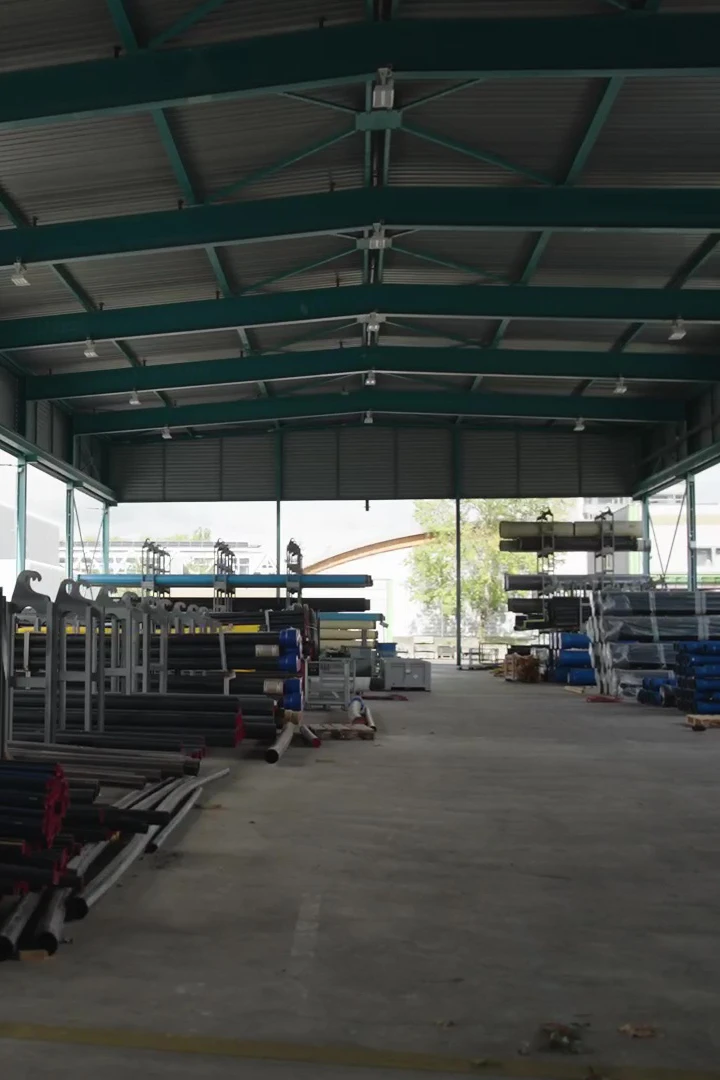
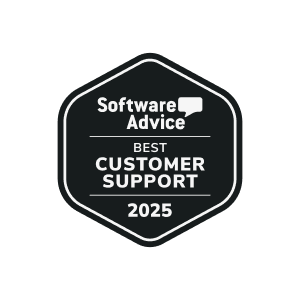
.png)